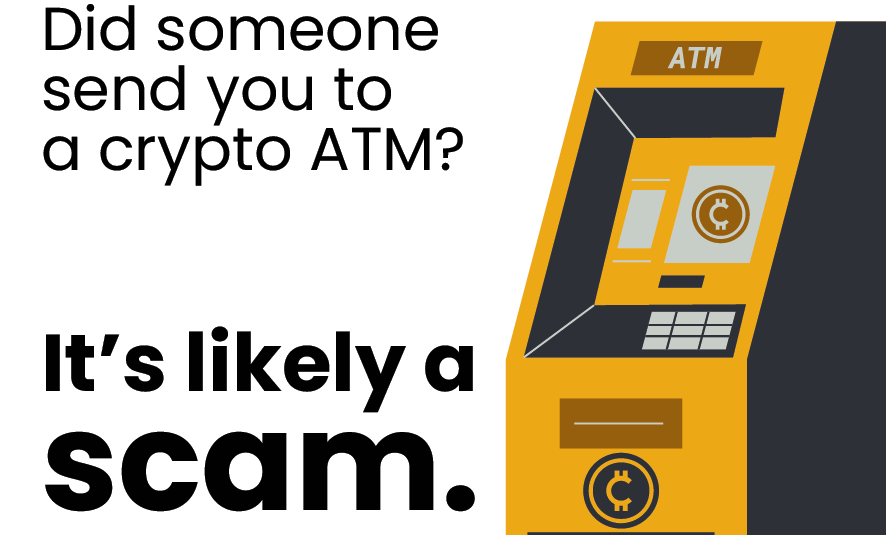Coin WorldTuesday, Jul 15, 2025 11:22 am ET
![]() 1min read
1min read
Ghana has made a significant stride in regulating its cryptocurrency market by finalizing a comprehensive framework for overseeing digital asset transactions. This initiative, spearheaded by the country's financial authorities, aims to bring exchanges and related activities under a structured regulatory environment. The primary goal is to ensure that cryptocurrency dealings are conducted in a manner that safeguards investors and upholds the integrity of the financial system.
The regulatory framework addresses several key aspects of cryptocurrency dealings, including the licensing of exchanges, the implementation of anti-money laundering measures, and the establishment of guidelines for consumer protection. By doing so, Ghana seeks to create a secure and transparent environment for digital asset transactions, which is essential for fostering trust among investors and encouraging broader adoption of cryptocurrencies.
This development is part of a broader effort by Ghana to integrate digital assets into its financial ecosystem. The country acknowledges the potential of cryptocurrencies to drive economic growth and innovation. The new regulations are designed to harness these benefits while mitigating the associated risks. The framework is expected to provide clarity for businesses and individuals involved in cryptocurrency dealings, enabling them to operate within a well-defined legal structure.
The finalization of the regulatory framework is a positive step for Ghana's financial sector, demonstrating the country's commitment to embracing new technologies while ensuring regulatory compliance. This move is likely to attract more investors and businesses to the cryptocurrency market in Ghana, as they will have greater confidence in the regulatory environment. Additionally, the framework is expected to enhance the country's reputation as a forward-thinking jurisdiction that is open to innovation while prioritizing financial stability and consumer protection.
The regulatory framework is also expected to have broader implications for the African continent. Other countries may look to Ghana's example as they develop their own cryptocurrency regulations. The successful implementation of the framework in Ghana could serve as a model for other nations seeking to balance the benefits of digital assets with the need for regulatory oversight. This could lead to greater regional cooperation and the development of harmonized standards for cryptocurrency dealings across Africa.
In summary, Ghana's finalization of a regulatory framework for cryptocurrency dealings is a significant milestone in the country's efforts to integrate digital assets into its financial system. The framework is designed to provide a secure and transparent environment for cryptocurrency transactions, while also protecting investors and maintaining financial stability. This move is expected to attract more investors and businesses to the cryptocurrency market in Ghana, and could serve as a model for other countries in the region seeking to develop their own regulatory frameworks.










 English (US) ·
English (US) ·